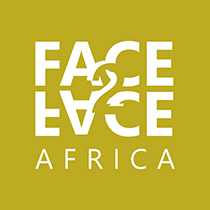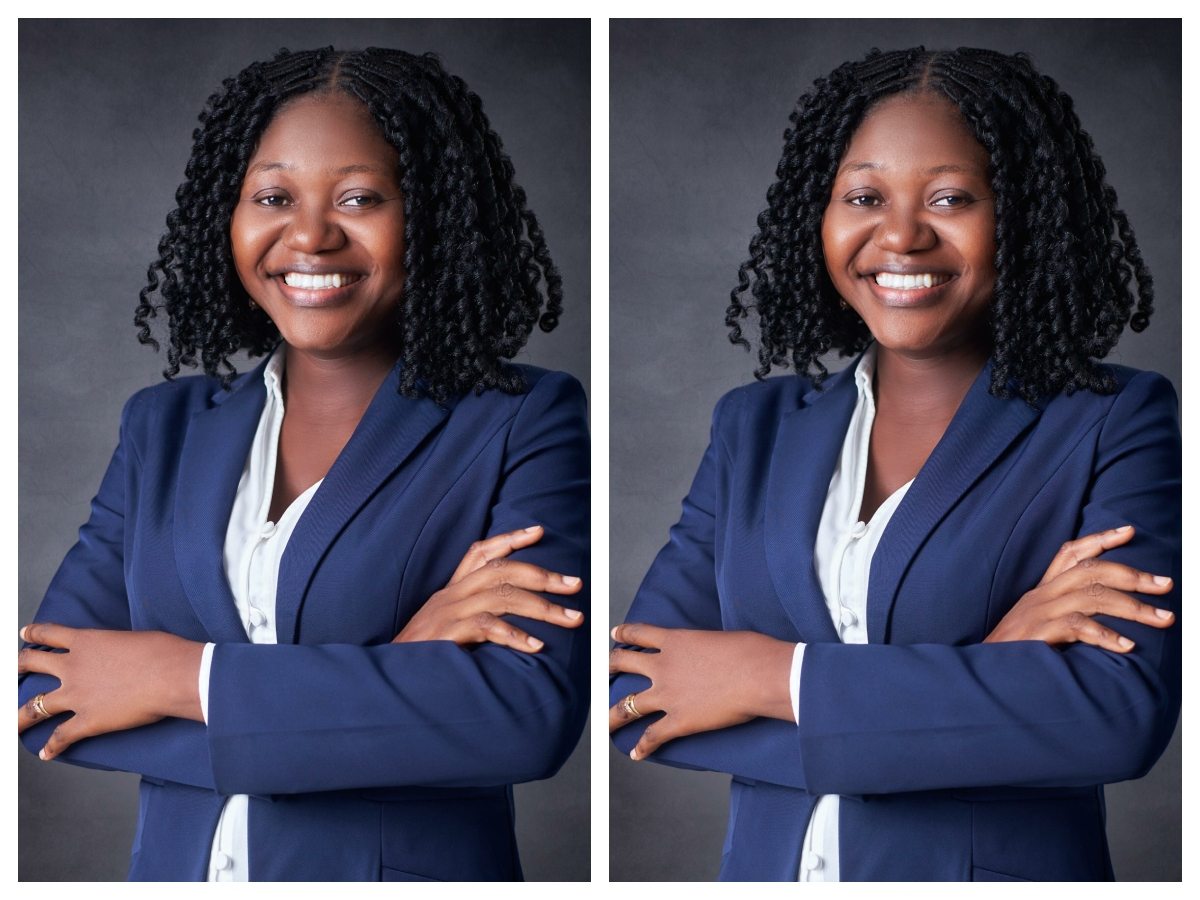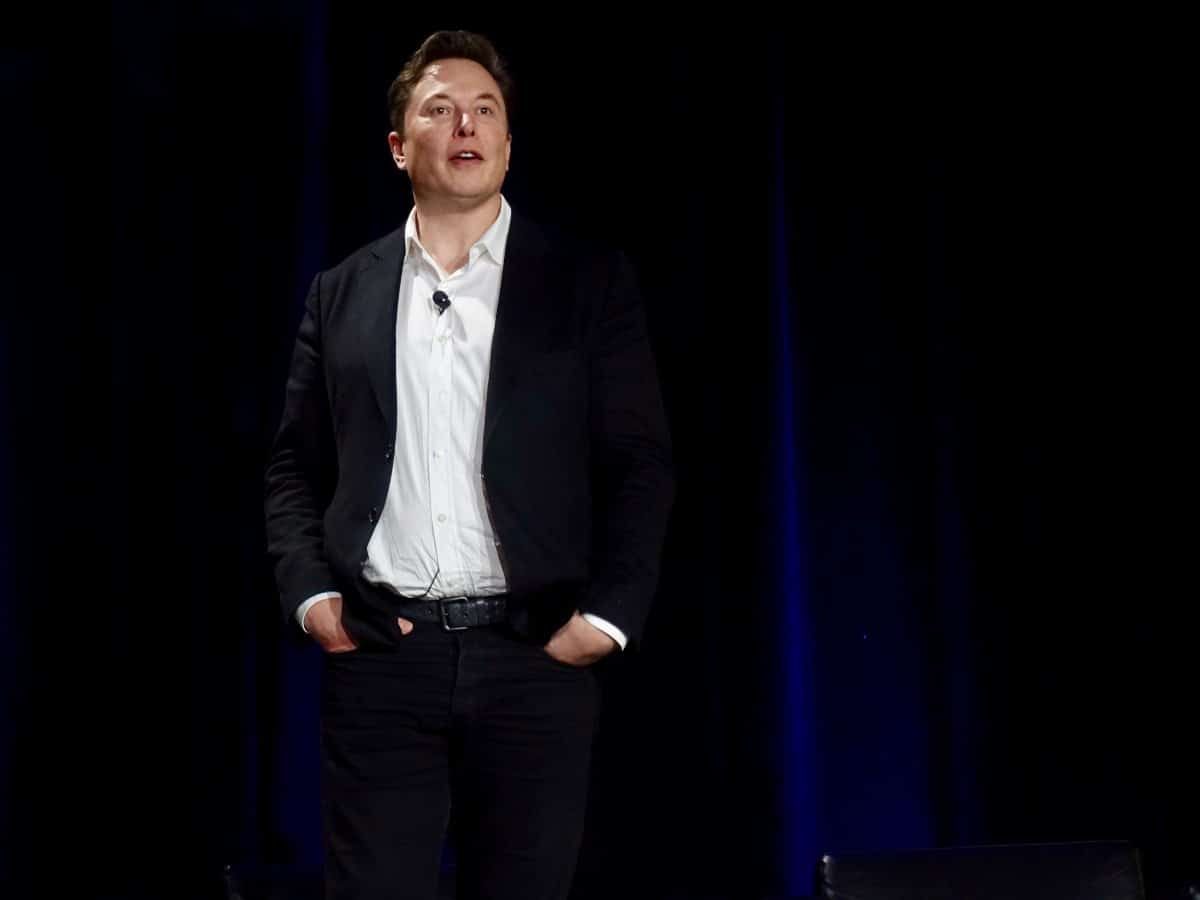Africa is largely dependent on aid from the United States, Europe, Asia and international donor agencies to develop its nations and its people.
This unapologetic dependency takes its roots from the colonial period when the continent was managed by European nations. Independence failed to liberate Africa economically as its leaders continued to fall in debt due to mismanagement and corruption.
Efforts made by some African leaders like Ghana’s Kwame Nkrumah, Burkina Faso’s Thomas Sankara, DR Congo’s Patrice Lumumba among others to gain economic independence and development without aid were thwarted by coup d’etat fueled by the West.
In recent times, Ghana’s president Nana Addo Dankwa Akufo-Addo has called on African countries to move beyond aid and to look within to solve their problems the African way.
He reiterated his stance during Ghana’s 61st independence anniversary parade at the Black Star Square on Tuesday when he said: “Nobody needs to spell it out to us that the economic transformation we desire will not come through aid. We have been on that trajectory for most of the past sixty-one years, and it has not happened. We are told there is “aid fatigue”.
“The taxpayers of the aid-givers have a right to decide how their tax money is spent. The truth is that, even if there were no aid fatigue, and with the best will in the world and the most charitable governments in place in the so-called donor countries, there will never be enough aid to develop Ghana to the level we want. Aid was never meant to be what would bring us to the status of a developed nation,” he said.
READ ALSO: Ghana president’s anti-Western dependency speech gets young Africans thinking
He started the “Ghana Beyond Aid” campaign last year after he met French president Emmanuel Macron in Accra. He said at a joint press conference: “We can no longer continue to make policy for ourselves, in our country, in our region, in our continent on the basis of whatever support that the Western world or France, or the European Union can give us. It will not work. It has not worked and it will not work.
“Our concern should be what do we need to do in this 21st century to move Africa away from being cap in hand and begging for aid, for charity, for handouts. The African continent when you look at its resources, should be giving moneys to other places…We need to have a mindset that says we can do it…and once we have that mindset we’ll see there’s a liberating factor for ourselves,” he said.
This is not a new statement from an African leader who is in the position to change the status quo. Rwandan President Paul Kagame, ousted Zimbabwean President Robert Mugabe and former Ghanaian President John Mahama among others have on several occasions called for Africa to be self-reliant.
Despite all the anti-dependency talk, Africa’s hands are tied as foreign donors dictate their terms after providing millions of dollars in aid. In 2016, the United States gave Africa a total of $13 billion in aid. In 2017, $7.9 billion was given in aid as partially reported by the USAID.
Besides Eritrea, Seychelles and Mauritius, all African countries received aid from the United States last year. Ethiopia is the highest recipient of U.S. aid followed by South Sudan and then Nigeria. Here are the countries and the amount of aid they received in 2017 in no particular order.








